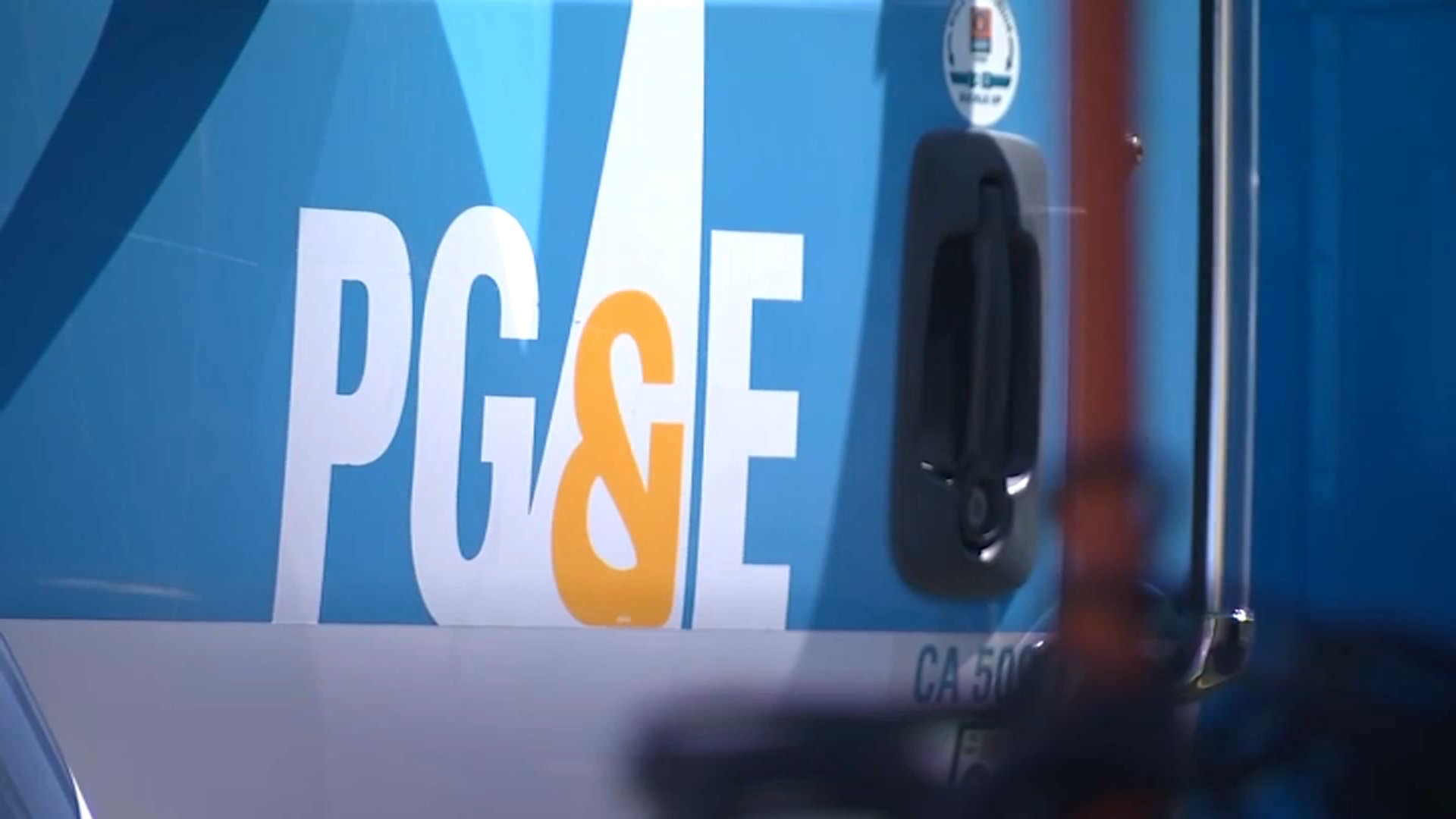Starting next month, California will begin implementing one of the nation's toughest protocols for access to state prisons in an attempt to reduce the flow of illegal drugs to inmates.
Most of the procedures outlined Wednesday by state corrections officials – including airport-style hand swabs and drug-sniffing dogs – will apply to visitors and staff. Visitors also would be subject to strip searches if initial testing indicates they have been in contact with illicit drugs.
That has raised alarm among inmate-advocacy groups, which say the new procedures invade privacy and will discourage visitation.
"As a family member, it is a serious violation of my human rights to be forced to be humiliated in order to see my brother and give him family support,'' Marie Levin of the Prison Hunger Strike Solidarity Coalition said in a statement.
Corrections officials say they are taking the steps to control a growing problem in California's 34 adult prisons.
"The whole point is to deter and detect trafficking into our prisons,'' Department of Corrections and Rehabilitation spokeswoman Dana Simas said. "It's a serious issue.''
Drug-sniffing dogs discovered 404 pounds of illicit drugs last year and another 29 pounds through the first half of this year, prison officials said. Since July 1, another 26 pounds was discovered without the use of dogs. Each time, marijuana accounted for most of it.
California
So far this year, the department has had 546 visitors arrested for attempting to smuggle drugs and cellphones into prisons.
The state plans to spend at least $30,000 for each of the ion scanners that will be used to test the hand swabs. The machines are identical to those used by airport security to detect traces of explosive materials, but in this case will be programmed to scan for traces of the four drugs: marijuana, heroin, cocaine and methamphetamine.
California plans to install at least two of the detectors at each state prison if funding permits, starting with 11 where illicit drugs are the biggest problem. The emergency regulations are expected to go into effect on a test basis in October.
Those prisons would then be used to gauge whether the practice is effective; if it causes undue delays in screening employees, inmates and visitors; and to correct potential problems, Simas said.
The new security steps, which are being considered on an emergency basis, would be in addition to the metal detectors in use now at state prisons.
In addition to the ion detectors, each prison will be equipped with machines that flash red or green for every person entering the prison. The machines also are similar to those used at some airport checkpoints to select passengers at random for more intensive searches. A red light means the person has to be searched.
"It's completely random, so it takes out that human element and all the bias,'' Simas said.
Visitors or staff members who get the red light, would receive either a hand swab or would be sniffed by dogs trained to detect traces of drugs.
Visitors who are flagged for possible possession will be subject to strip searches, although they could walk away rather than undergo the procedure.
Prison advocacy groups criticized the new policy, saying it relies on two methods that sometimes provide false-positive test results. They said the Federal Bureau of Prisons abandoned its use of the ion-detector hand-swabbing machines in 2008 because of complaints about unreliability.
Representatives of national associations representing state prison and county jail officials and state legislators said they were unaware of any other state or local jail currently using the ion scanners.
"That's kind of the wave of the future, I guess,'' said Jason Clark, a spokesman for the Texas Department of Criminal Justice, which operates the nation's most populous state prison system.
Everyone visiting a Texas prison goes through a metal detector and undergoes a pat-down search, he said.
Employees who trigger alerts will be subject to pat-down searches to make sure they are not smuggling contraband but would be able to remain dressed. Visitors and employees caught with drugs would be referred for prosecution.
The California Correctional Peace Officers Association supports the corrections department's efforts to prevent smuggling, said JeVaughn Baker, a spokesman for the union, which represents most prison guards.
"Subjecting all employees, including CDCR administrative staff, to random testing creates a safer working environment for our members,'' Baker said in an email.
Corrections officials said the emergency regulations will take effect in mid-October, but they will then be subject to 160 days of public comment before they become permanent.



